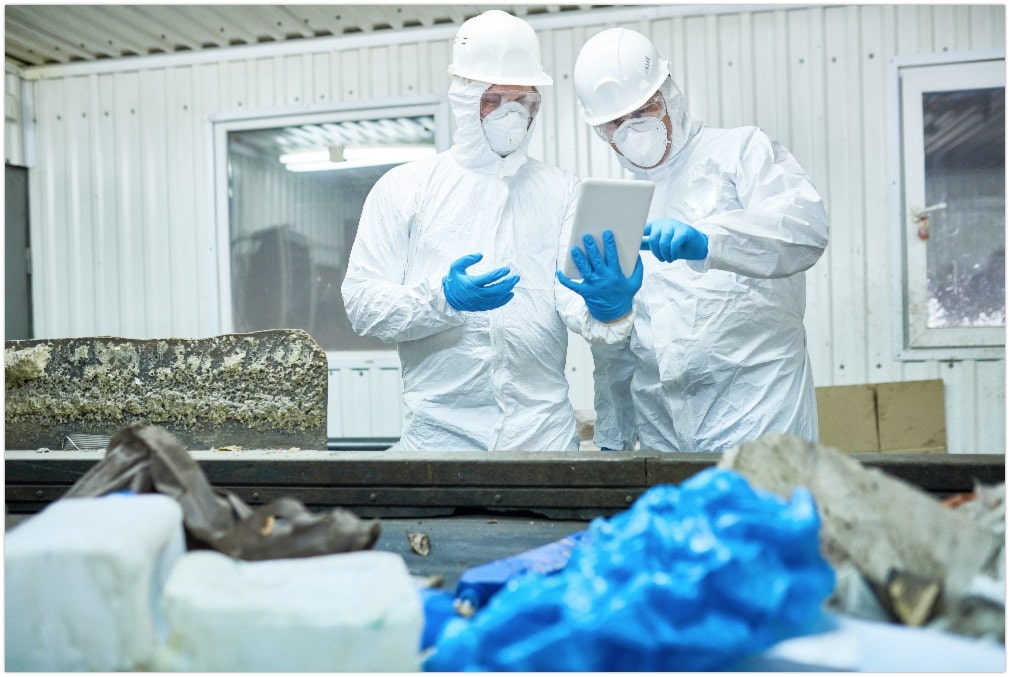For the past years, Australia’s population kicked to an enormous rise resulting in a rapid growth on the waste generation of households and industries. Because of this, companies develop and utilise new technologies for efficient rubbish collection and removal.
Furthermore, technology has been a significant part of our daily living, and these never-ending wastes escalation has become a critical issue in the community. Consequently, through the constant development of technology, a much better cost-efficient and hassle-free rubbish removal systems may be achievable.
To have a better idea, here are some new and noteworthy technologies that rubbish removal industries utilise.
Innovation on Waste bins
Waste bins are tools that have been a significant part of the waste disposal cycle. Thus, most of the technological advances are anchored to the improvement of these relevant materials. Gone were the days where removalists would examine each curbside bins; which were unfavourably time-consuming and tiresome.
Automated Waste Level Identification
Technological bins help in sorting your waste quickly and identifying bin load levels. These have specialised sensors that can detect and generate information regarding the level of trash inside the bin.
Integration of Scanners and Cameras
Moreover, technological bins also contain barcode scanners on product waste for disposal and give relevant information that serves as a guide for the placement of garbage on proper containers. Some even use cameras which can identify and interpret disposed materials that enter into the bin.
Route Optimisation
Modern systems and advanced software enable optimal routing, which helps protect the environment by reducing hazardous emissions. Many removal services now employ automated trucks that are equipped with robotic arms to save time and effort along existing routes.
Moreover, technology has made point-to-point pickups eco-friendly and financially viable while improving energy-efficiency.
Modernised Landfills
By applying science and scale, the rubbish removal and waste management industry has developed modern garbage dumps. These highly engineered landfills comply with the EPA standards and ensure the safety of human health as well as the environment.
Also, most modern landfills use renewable power from solar energy integrated with geomembranes. These systems generate sustainable energy while significantly reduces carbon footprint.
Enhanced Safety
Because most rubbish removal and waste management companies deal with several 30-ton trucks that carry hazardous materials, safety is always the priority. That’s why, nowadays, drivers and removalists undergo rigorous training and seminars to minimise the rate of injuries and accidents.
Quick Turnaround Times
Additionally, time-tested rubbish removal companies have invested in the cyberspace to further expand their services by leveraging user-friendly websites. The use of digital platforms allows for prompt service, extra pickups, and swift bill payment through push notifications and a credible payment system.
Besides, technology has significantly developed a more straightforward and cost-efficient waste management systems that are effective, safe, and productive ‒ all while reducing environmental impact.
Conclusion
The long-term goal of developing a competitive rubbish removal system using new technologies is eventually achievable. As more innovations transpire and with our unwavering teamwork, it is much certain that we can obtain a solution to this battle against environmental uproar.
Paul’s Rubbish Removal plays an active role in the collection and disposal of rubbish materials. With over a decade in this industry, our team continuously offers professional and prompt waste disposal services in Sydney.
Furthermore, our team of removalists will readily help you with your loads of rubbish. We collect various types of waste and guarantee a service that is more than satisfying at your convenience.
We are just one call away, so feel free to talk with our friendly staffs at 0407 125 125 or email us for quotes and further inquiries.







